What if you had a map to happiness?
🪜That’s what the “ladder of love” is—an ancient practice that can bring fulfillment to your modern life.
🪜Plato discovered this ladder of love, and Christians adopted it into their spiritual writings.
🧵Here are the steps to happiness:
🪜That’s what the “ladder of love” is—an ancient practice that can bring fulfillment to your modern life.
🪜Plato discovered this ladder of love, and Christians adopted it into their spiritual writings.
🧵Here are the steps to happiness:
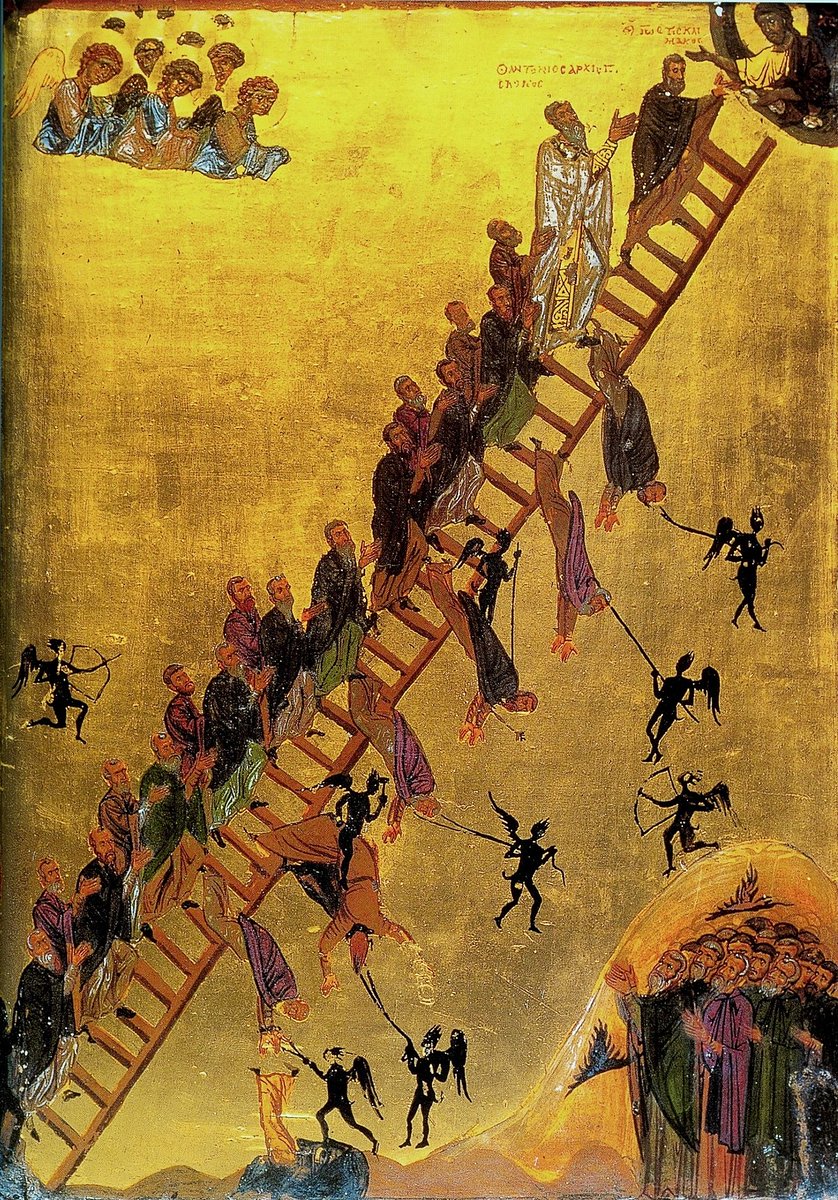
First, you have to understand your soul.
You have a natural love called "eros"--and it wants to satiate in beautiful things and be happy.
Not some of the time. But all the time.
We want to be happy always.
And this presents a problem...
You have a natural love called "eros"--and it wants to satiate in beautiful things and be happy.
Not some of the time. But all the time.
We want to be happy always.
And this presents a problem...
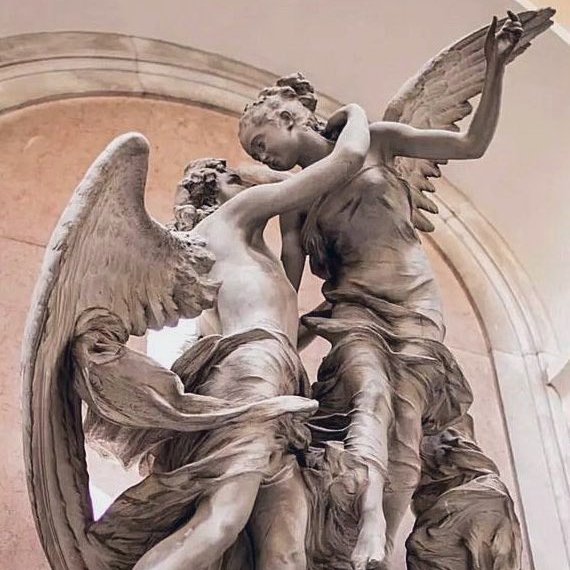
The desire of your eros is infinite.
But the beautiful things in this life are finite.
Good food, an amazing spouse, great friends, etc - it is all limited.
It can only make you happy in certain ways and for a limited time.
And many people respond poorly to this...
But the beautiful things in this life are finite.
Good food, an amazing spouse, great friends, etc - it is all limited.
It can only make you happy in certain ways and for a limited time.
And many people respond poorly to this...
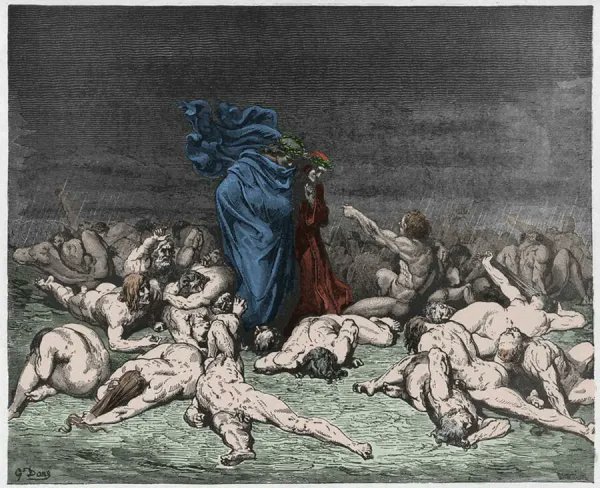
They live a life of restless consumption - moving from one beauty to the next.
Are we doomed to a life of dissatisfaction?
Plato and the Christian saints would say NO.
We have to learn how to climb to higher beauties - climb the ladder of love.
Are we doomed to a life of dissatisfaction?
Plato and the Christian saints would say NO.
We have to learn how to climb to higher beauties - climb the ladder of love.
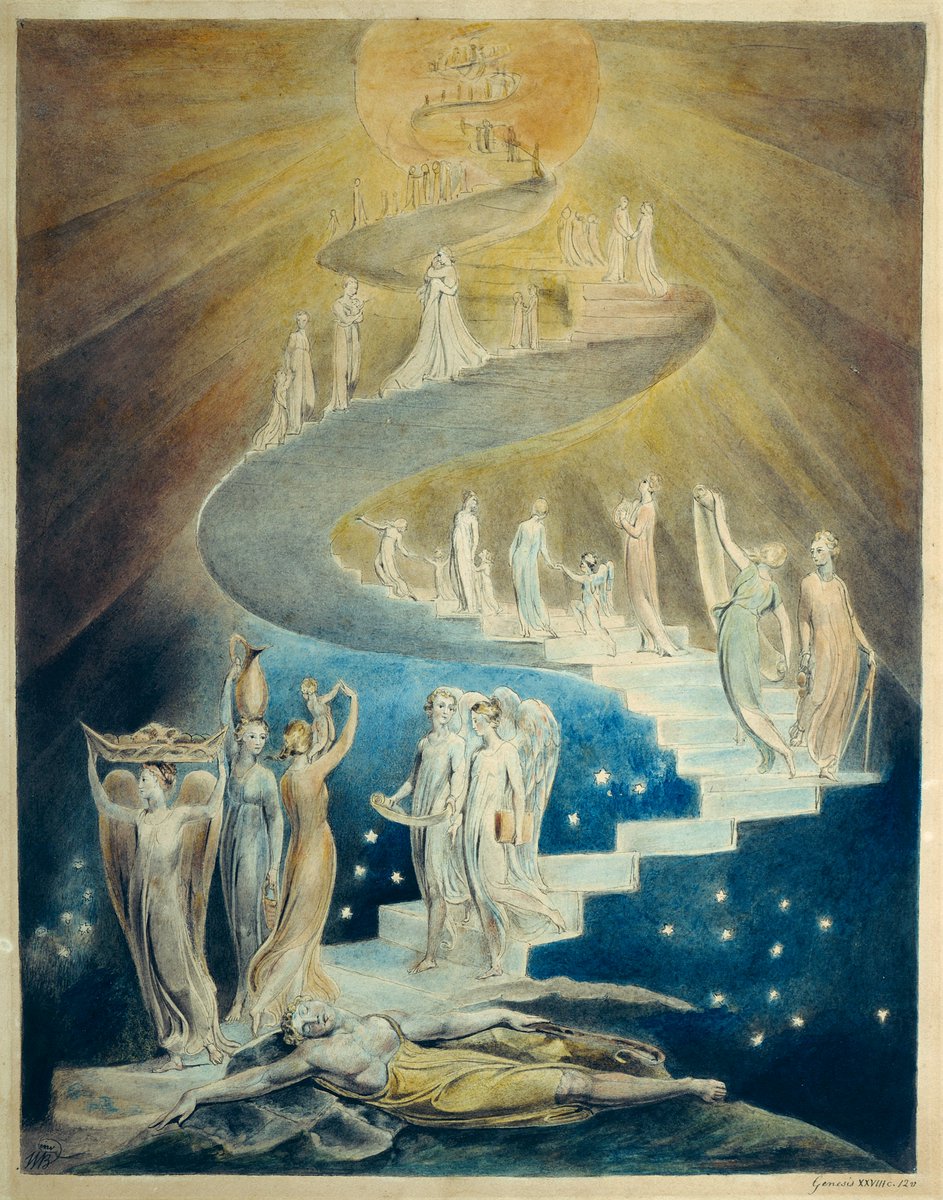
Your soul has three parts:
1. Intellect that loves truth
2. Spirited that loves nobility
3. Appetitive that loves pleasure
And each part is made healthier, more beautiful by a virtue:
1. Intellect via prudence
2. Spirited via courage
3. Appetitive via temperance
1. Intellect that loves truth
2. Spirited that loves nobility
3. Appetitive that loves pleasure
And each part is made healthier, more beautiful by a virtue:
1. Intellect via prudence
2. Spirited via courage
3. Appetitive via temperance
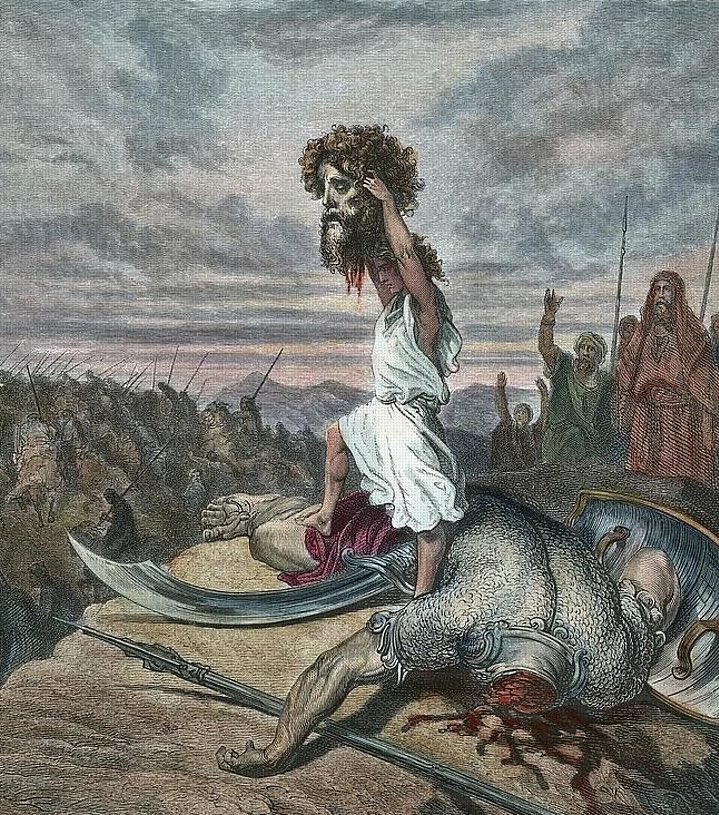
What about justice?
Justice is the virtue that makes the soul well-ordered, with each part working in harmony and loving its proper beauty. It adorns the whole soul like a crown!
And these four virtues are attested to in both the Old Testament and in Plato.

Justice is the virtue that makes the soul well-ordered, with each part working in harmony and loving its proper beauty. It adorns the whole soul like a crown!
And these four virtues are attested to in both the Old Testament and in Plato.
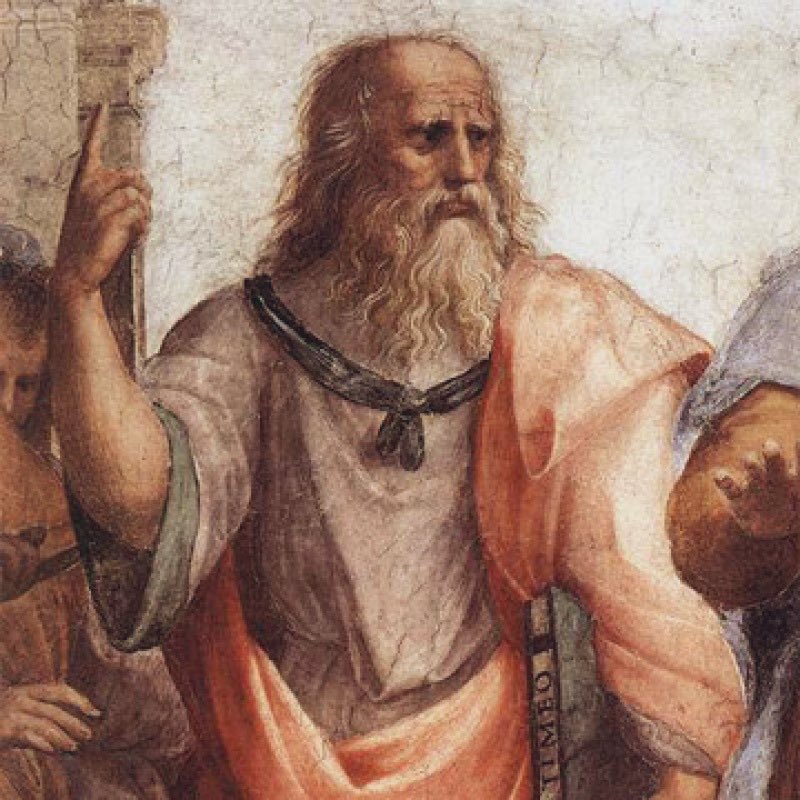
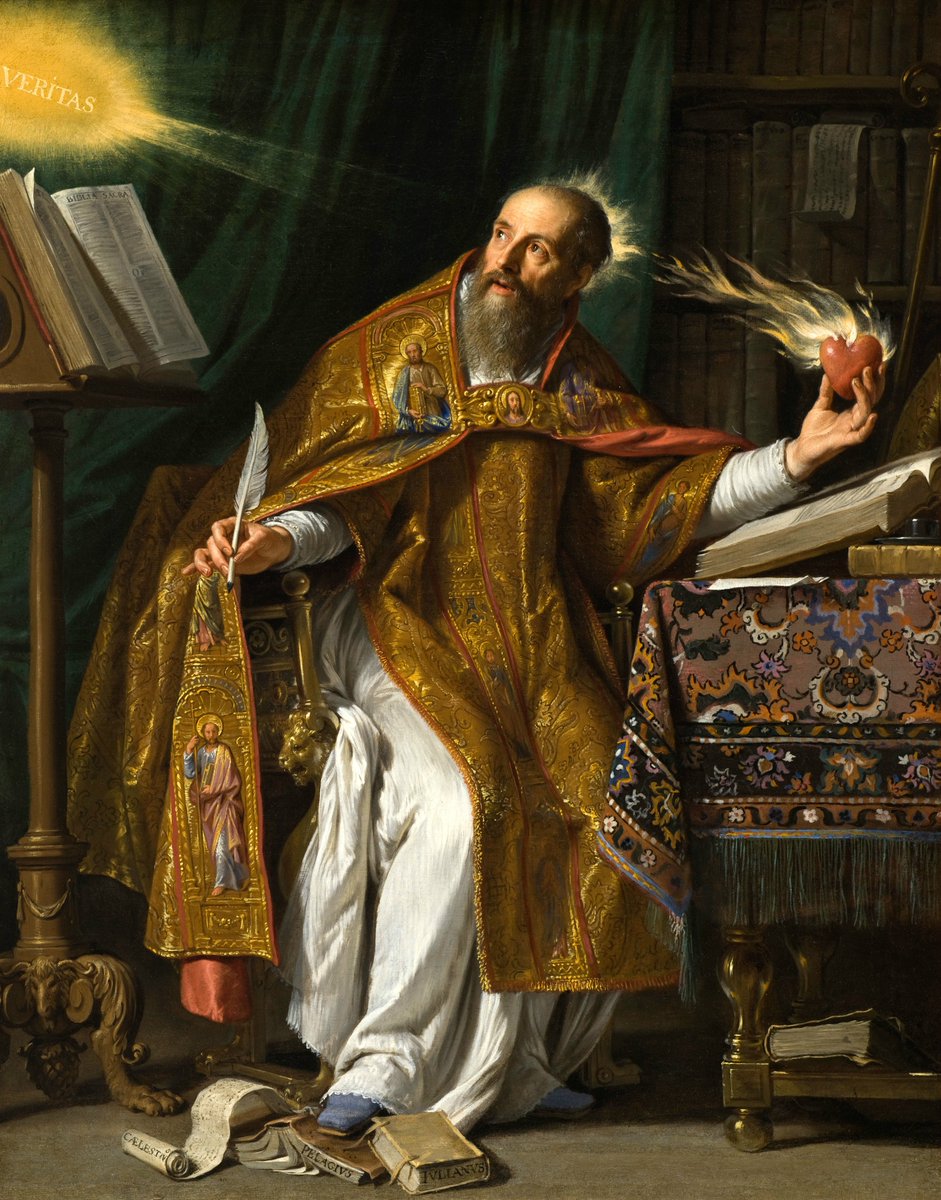
And this introduces the "ladder of love."
The soul must move from the lower beauties of the flesh to the higher beauties of the soul.
Let's look at the FIRST RUNG: Pleasure.⬇️
The soul must move from the lower beauties of the flesh to the higher beauties of the soul.
Let's look at the FIRST RUNG: Pleasure.⬇️
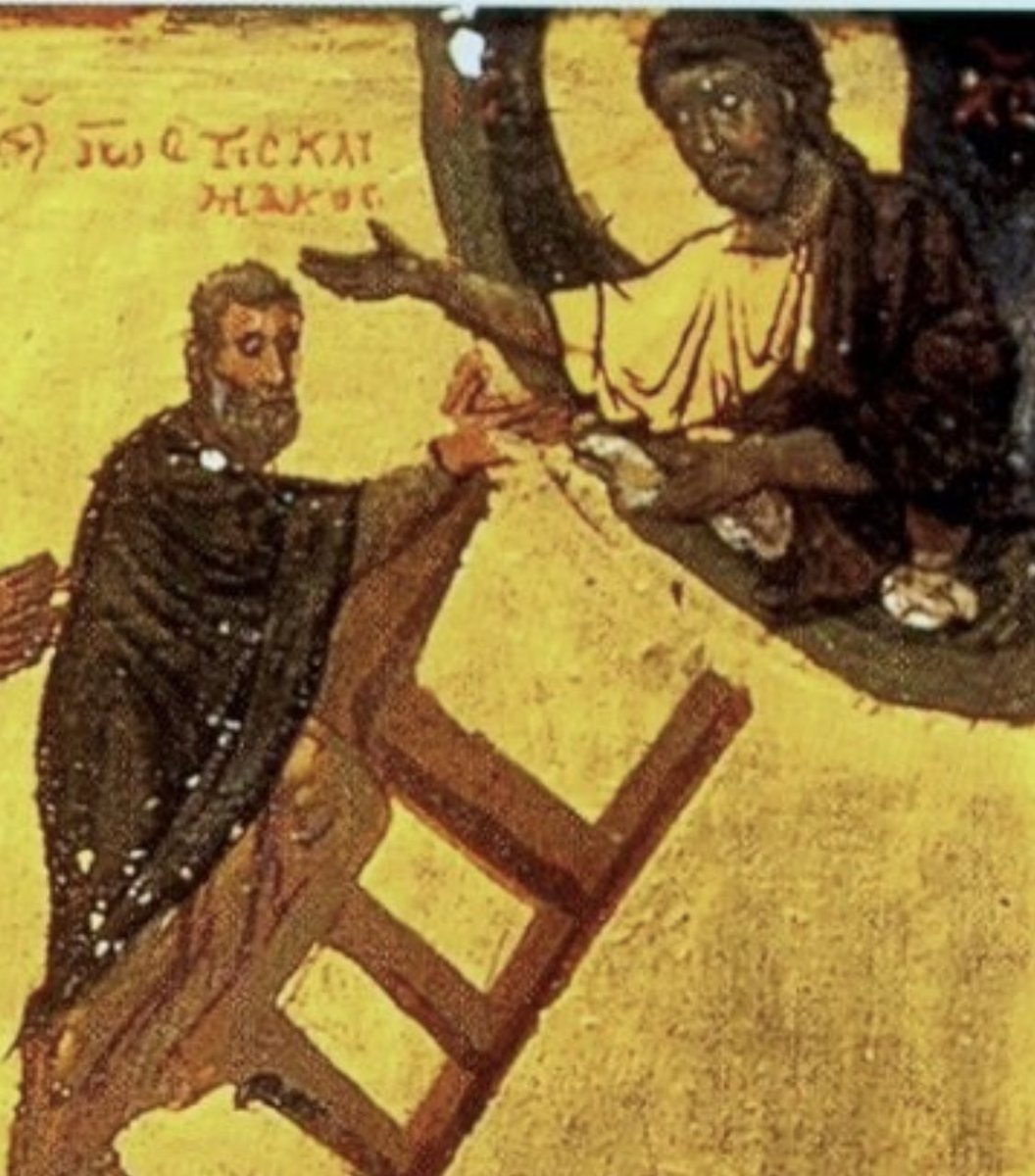
The eros of a young man is sparked when he sees a beautiful woman.
The beauty draws him out of himself, makes him want to be better, to be worthy - beauty is a challenge.
But the beauty of the body is an invitation to the beauty of the soul - like a sign or guidepost.
The beauty draws him out of himself, makes him want to be better, to be worthy - beauty is a challenge.
But the beauty of the body is an invitation to the beauty of the soul - like a sign or guidepost.

The love of the beloved leads to loving his or her soul - who they are.
As Pope Benedict XVI says, eros finds its completion in marriage, as the self-love of the lover is extended to the beloved, because they become one self.
And this reveals a secret of the Bible...
As Pope Benedict XVI says, eros finds its completion in marriage, as the self-love of the lover is extended to the beloved, because they become one self.
And this reveals a secret of the Bible...
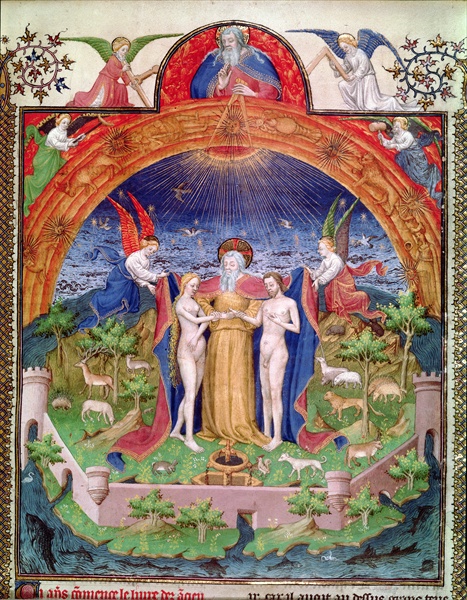
Many forget that it is our eros, perfected in marriage, that God uses as an icon of His love for us.
In the OT, Israel is wedded to God. Idolatry is adultery.
In the NT, Christ is the groom, the Church is the bride - we become one flesh with Him.
In the OT, Israel is wedded to God. Idolatry is adultery.
In the NT, Christ is the groom, the Church is the bride - we become one flesh with Him.

So, our desire, our eros isn't bad - but rather we must see the beauty that leads to pleasure as an ICON of greater beauties of the soul, especially God.
BUT this is only one part of the ladder of love - there is much more!
BUT this is only one part of the ladder of love - there is much more!
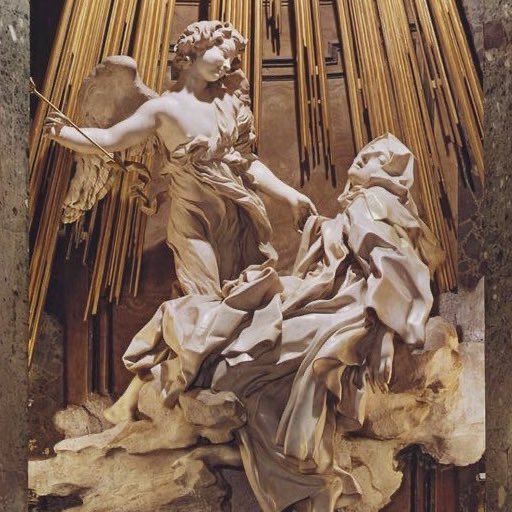
Join us this week at THE ASCENT for our new article:
🪜How does the soul ascend to God?
It is a beautiful teaching that can help your soul ascend to all that is true, good, and beautiful.
A great new project with @the_culturist_ and @SirEvanAmato.
theascent1.substack.com
🪜How does the soul ascend to God?
It is a beautiful teaching that can help your soul ascend to all that is true, good, and beautiful.
A great new project with @the_culturist_ and @SirEvanAmato.
theascent1.substack.com

• • •
Missing some Tweet in this thread? You can try to
force a refresh



















